10 results in College Seminars Series
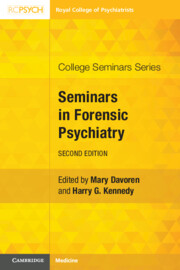
Seminars in Forensic Psychiatry
-
- Published online:
- 06 June 2024
- Print publication:
- 13 June 2024
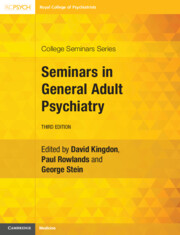
Seminars in General Adult Psychiatry
-
- Published online:
- 04 April 2024
- Print publication:
- 18 April 2024
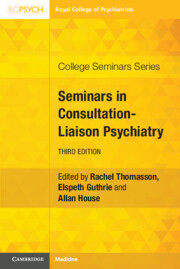
Seminars in Consultation-Liaison Psychiatry
-
- Published online:
- 04 January 2024
- Print publication:
- 18 January 2024
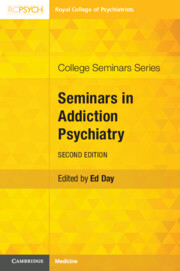
Seminars in Addiction Psychiatry
-
- Published online:
- 02 November 2021
- Print publication:
- 04 November 2021
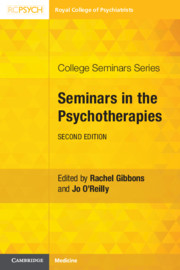
Seminars in the Psychotherapies
-
- Published online:
- 27 May 2021
- Print publication:
- 10 June 2021
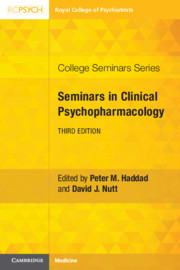
Seminars in Clinical Psychopharmacology
-
- Published online:
- 29 May 2020
- Print publication:
- 18 June 2020
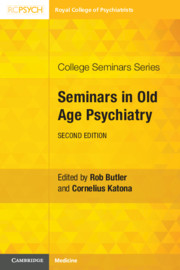
Seminars in Old Age Psychiatry
-
- Published online:
- 21 June 2019
- Print publication:
- 11 July 2019
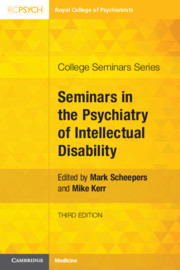
Seminars in the Psychiatry of Intellectual Disability
-
- Published online:
- 14 January 2019
- Print publication:
- 31 January 2019
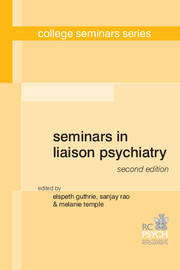
Seminars in Liaison Psychiatry
-
- Published online:
- 02 January 2018
- Print publication:
- 01 March 2012
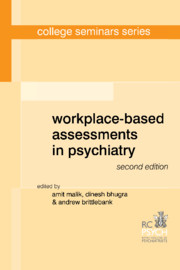
Workplace-Based Assessments in Psychiatry
-
- Published online:
- 01 January 2018
- Print publication:
- 01 June 2011

